Enlightenment, Revolution, & Nationalism
1/19
There's no tags or description
Looks like no tags are added yet.
Name | Mastery | Learn | Test | Matching | Spaced |
|---|
No study sessions yet.
20 Terms
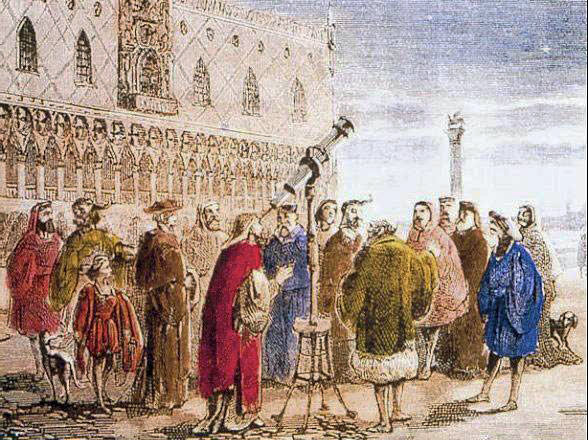
Scientific Revolution
A major change in European thought, starting in the mid-1500s, in which the study of the natural world began to be characterized by careful observation and the questioning of accepted beliefs.
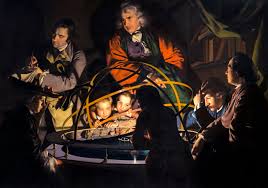
Enlightenment
a movement that emphasized science and reason as guides to help see the world more clearly
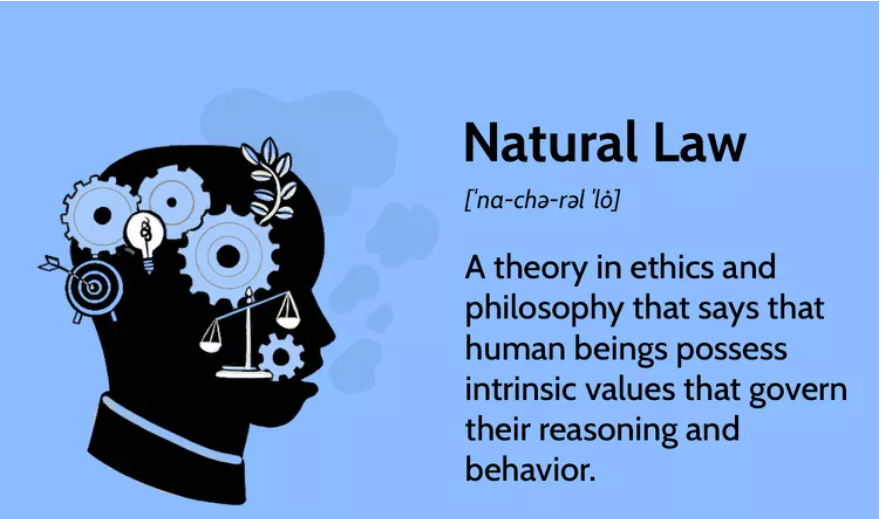
natural law
a body of unchanging moral principles regarded as a basis for all human conduct.
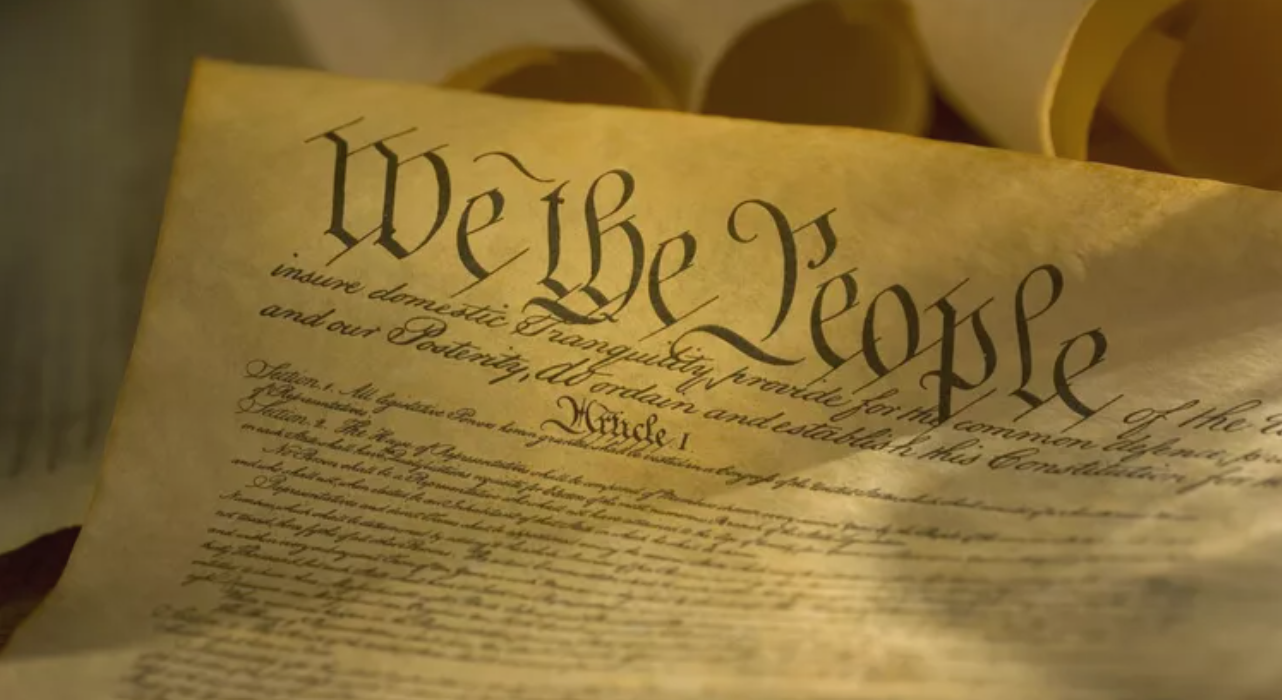
social contract
An agreement between the people and their government signifying their consent to be governed
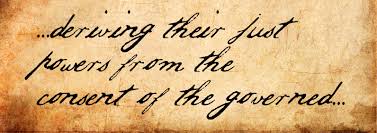
consent of the governed
People are the source of any and all governmental power
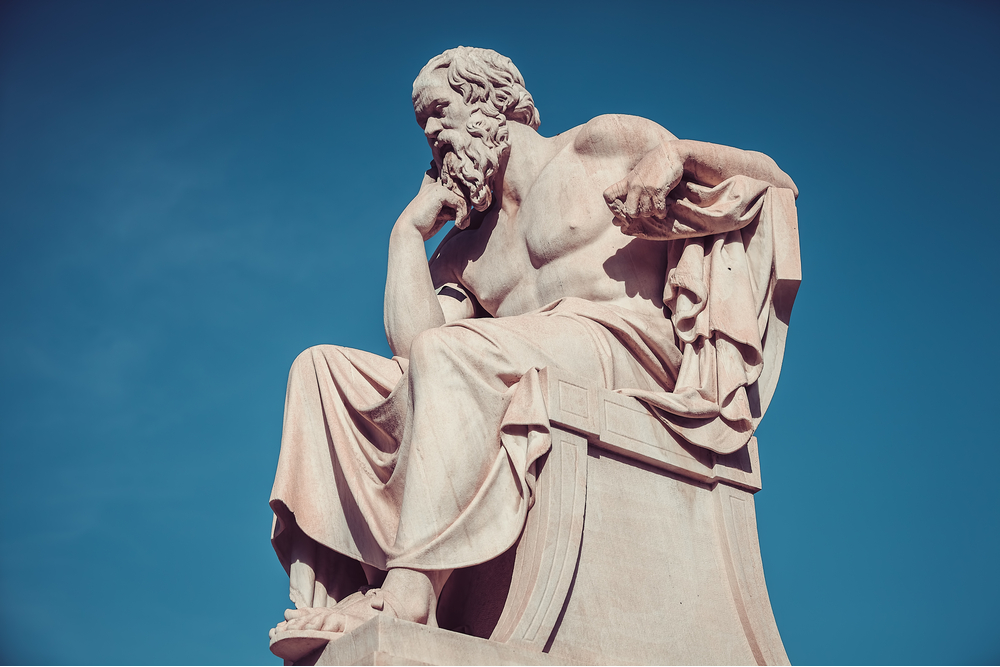
philosopher
a person who searches for wisdom or enlightenment
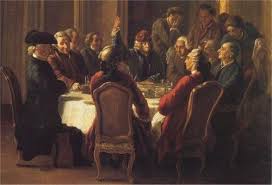
philosophe
French for "philosopher"; applied to all intellectuals during the Enlightenment
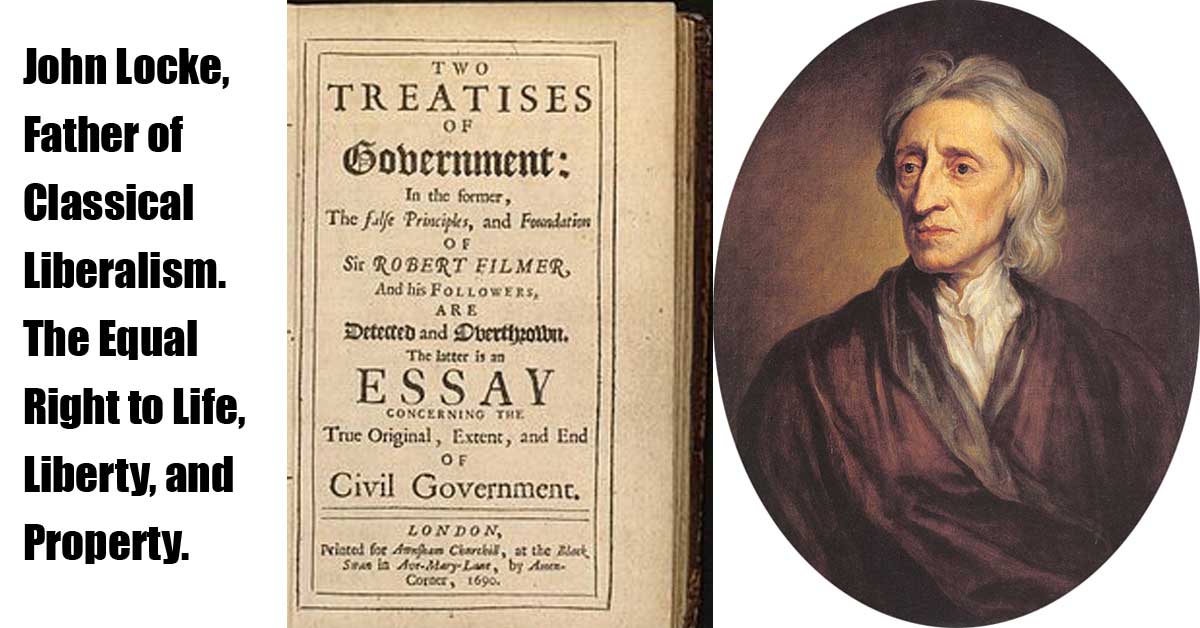
John Locke
17th century English philosopher who opposed the Divine Right of Kings and who asserted that people have a natural right to life, liberty, and property.
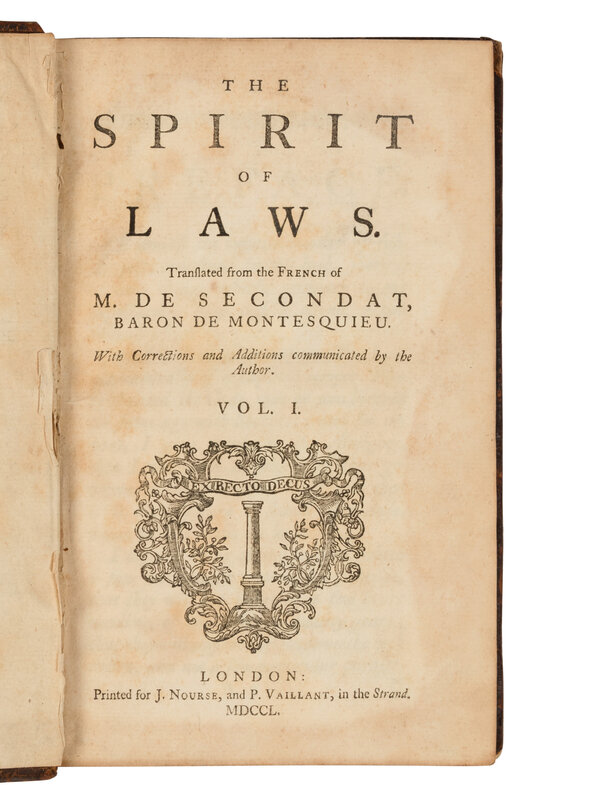
Baron de Montesquieu (1689-1755)
Wrote "The Spirit of Laws", urging power be separated between three branches: executive, legislative, and judicial.
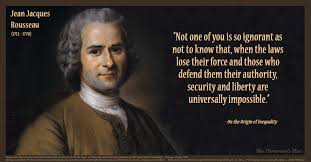
Jean-Jacques Rousseau
French man who believed human beings are naturally good, free & can rely on their instincts. Government should exist to protect common good, and be a democracy
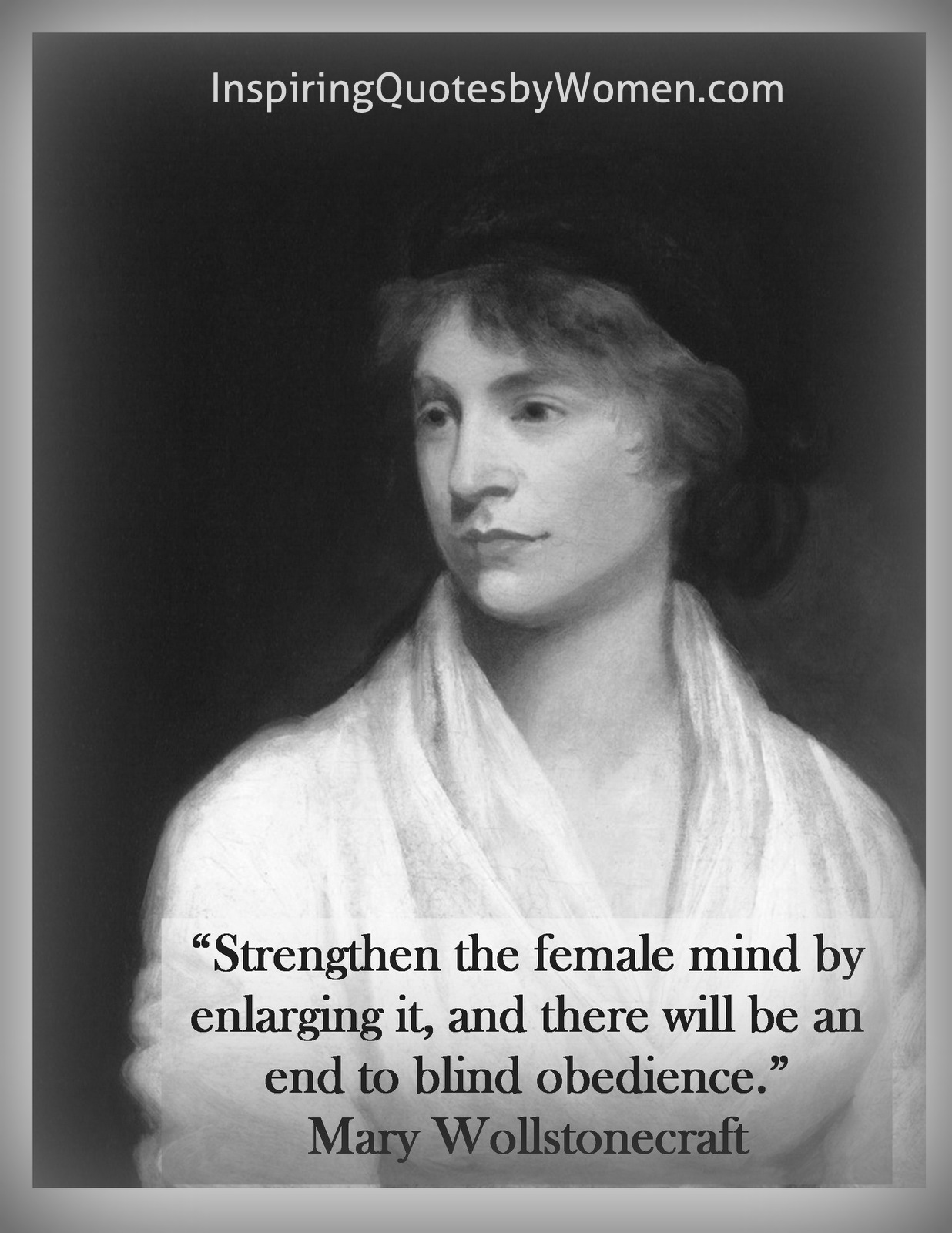
Mary Wollstonecraft (1759-1797)
British writer, philosopher and feminist who wrote "A Vindication of the Rights of Woman". Argued that women are not naturally inferior to men. Maintained that women deserve the same fundamental rights as men
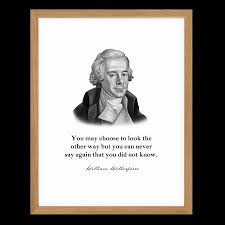
William Wilberforce
British reformer who led the abolitionist movement that ended the British slave trade in 1807.
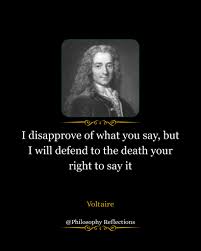
Voltaire (1694-1778)
championed the enlightened principles of reason, progress, toleration, and individual liberty
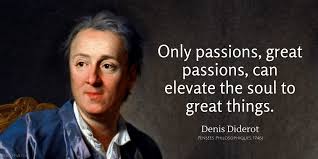
Diderot
Published work of many philosphes in his Encyclopedia. He hoped it would help people think more rationally and critically.
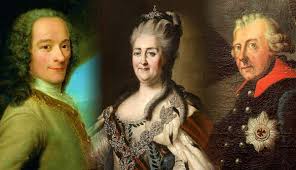
Enlightened Despot
18th century European monarchs who were inspired by Enlightenment ideas to rule justly and to respect the rights of subjects
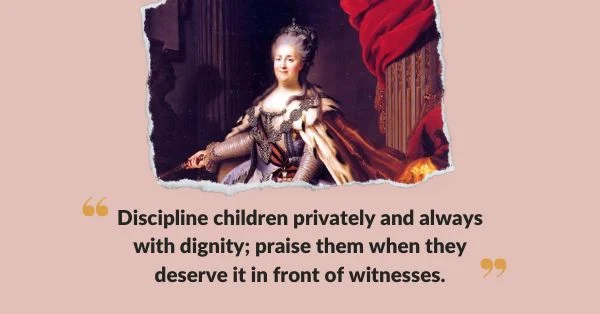
Catherine the Great
Enlightened despot from Russia (1762 to 1796), added new lands to Russia, encouraged science, art, literature, Russia became one of Europe's most powerful nations
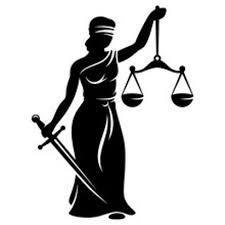
equity
fair or just
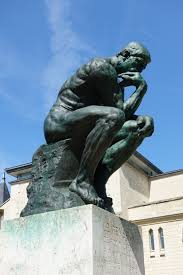
reason
the power of the mind to think, understand, and make sense of world
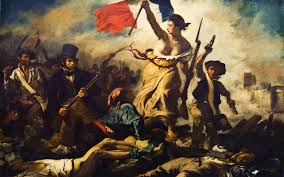
liberty
freedom of choice
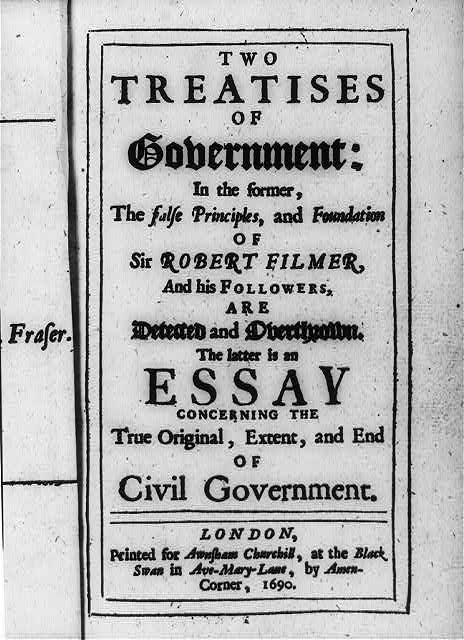
treatise
A thoroughly written discussion of a topic